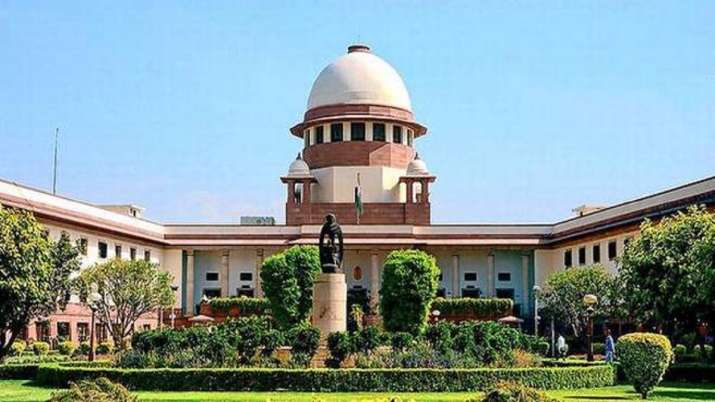Supreme Court to set up 25 special courts to study 33 lakh pending cheque bounce cases

The special courts would adjudicate upon only those cases in which summons have been duly served and the accused has entered appearance through a lawyer or in person.
Highlights
- Special courts have been set up to study the cheque bounce cases
- Cheque bounce cases were highest in Maharashtra, Rajasthan, Gujarat, Delhi, and Uttar Pradesh
- Special courts would adjudicate upon only those cases in which summons have been duly served
Against the backdrop of more than 33 lakh cheque bounce cases that burdens the judicial docket, the Supreme Court on Thursday gave a green signal to a pilot study to set up 25 special courts headed by retired judicial officers exclusively to deal with these cases in the states of Maharashtra, Rajasthan, Gujarat, Delhi, and Uttar Pradesh.
A bench of Justices L. Nageswara Rao, B.R. Gavai and S. Ravindra Bhat said: “The pilot study shall be conducted for a duration of 1 year from September 1, 2022 to August 31, 2023. The pilot study shall be conducted in 25 special courts in total. One special court shall be established in each of the 5 judicial districts which have been identified as having the highest pendency by each of the five High Courts of the states, with the highest pendency of NI Act cases.”
The 25 special courts would come up in five districts of Maharashtra, Rajasthan, Gujarat, Delhi, and Uttar Pradesh where the pendency of the cheque bounce cases is the highest. The bench said it would take a further call to expand it across the country after evaluating its one-year performance.
“For operationalizing the special courts under this pilot study, retired judicial officers and retired court staff, preferably those who have retired within the past 5 years, may be employed. The concerned High Court shall ensure that no vacancy arises, during this period,” the bench added.
It said the special courts would adjudicate upon only those cases in which summons have been duly served and the accused has entered appearance through a lawyer or in person. “The oldest pending cases in which service of summons is complete must be identified in a chronological manner (oldest first). It must be ensured that no case where service of summons is incomplete is sent to the special courts,” the bench added.
“The special courts set up for the pilot study shall follow the same procedure with respect to trial as mandated by the Criminal Procedure Code, 1973. In order to ensure speedy disposal of cases, adjournments should not be routinely given, especially on the ground of lack of notice. Further examination of outstation witnesses may be conducted online by following appropriate protocol so that the delay in trial due to commute of the witnesses is avoided.”
The bench said that its Secretary-General would ensure that a copy of the present order is directly communicated to the Registrars General of the above five high courts, who would place it before the Chief Justice for immediate action. “To report progress and compliance, each of the said five High Courts shall file an affidavit on or before July 21, 2022. List on July 26, 2022 to review the further proceeding,” it added.
ALSO READ | Pegasus row: Supreme Court grants more time to probe panel to submit report
ALSO READ | Supreme Court’s nod to OBC reservation in Madhya Pradesh panchayat election
Latest Business News
For all the latest business News Click Here
